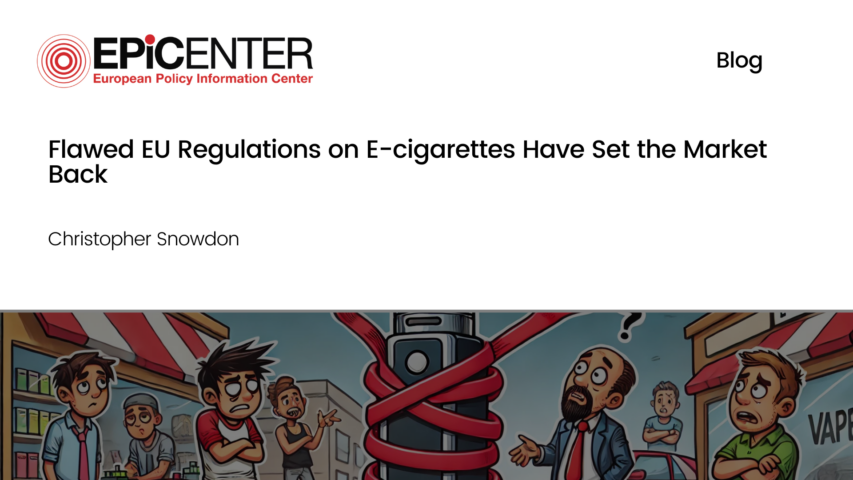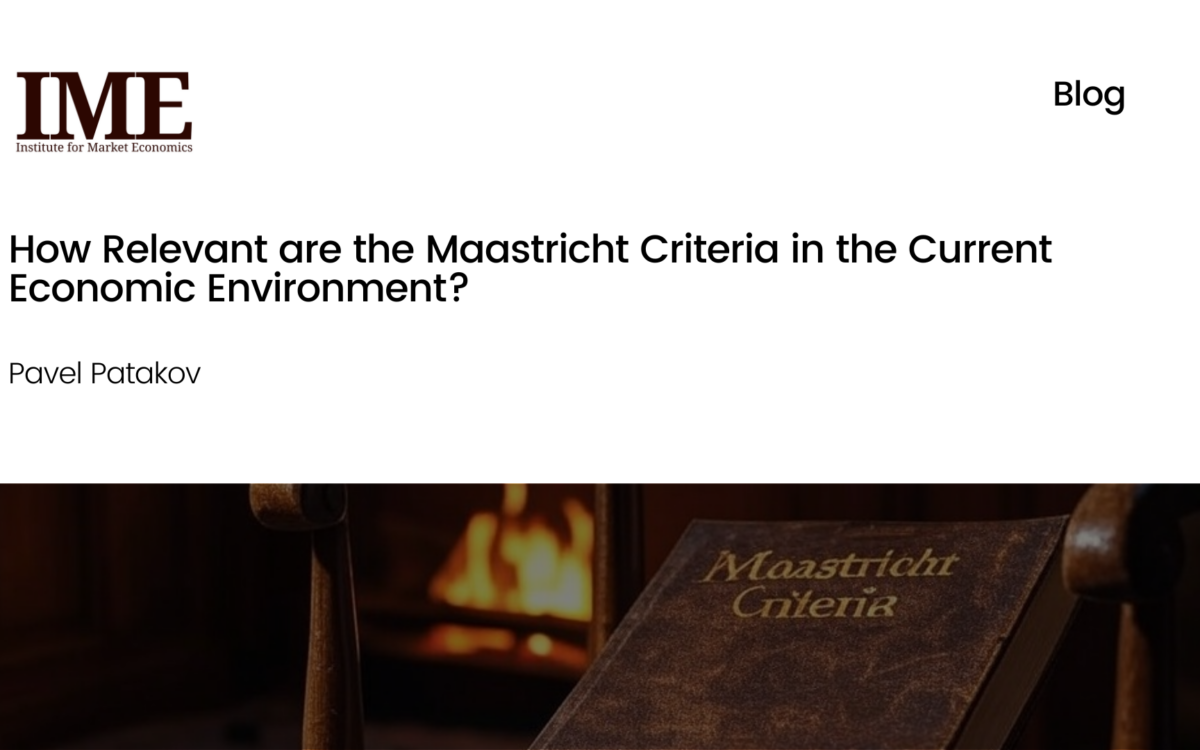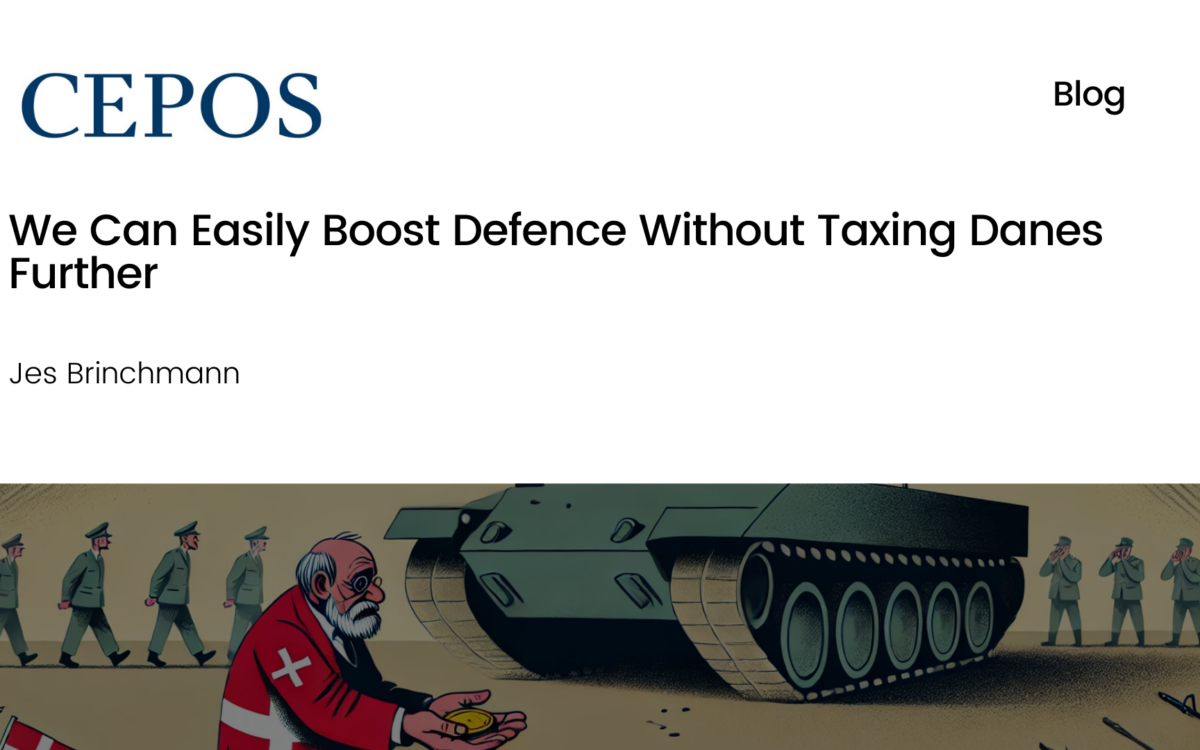Flawed EU Regulations on E-cigarettes Have Set the Market Back

Flawed EU Regulations on E-cigarettes Have Set the Market Back
Christopher Snowdon // 23 August 2018
I ordered 200 millilitres of e-cigarette fluid from my online retailer this week. Not a large quantity – it is barely a third of a pint – and yet it came in twenty separate bottles, as it always does.
Why? Because the EU has decided that 10 millilitres is quite large enough for a bottle of vape juice.
It is unclear how forcing manufacturers to produce millions of tiny bottles fits in with the government’s war on plastic, but never mind. It is just one of a number of unfathomably petty regulations that vapers have to put up with thanks to the EU Tobacco Products Directive.
Among other things, it places arbitrary limits on tank size and nicotine levels, and includes a ban on “cross-border” advertising that is so strict that City A.M. is not allowed to carry an advert for e-cigarettes in case someone takes a copy on the Eurostar.
What little advertising is permitted cannot make health claims, no matter how scientifically robust.
You will get no argument from me if you say that these are first world problems. And yet their cumulative impact is not trivial. They have raised costs, restricted choice and ultimately deterred smokers from switching to a product that would be much better for their health.
As today’s report from the Select Committee on Science and Technology delicately points out, “some aspects of the regulatory system for e-cigarettes appear to be holding back their use as a stop smoking measure”.
The Committee’s recommendations are eminently sensible. In short, they suggest that, since we are leaving the EU, we should review the way e-cigarettes and other reduced-risk nicotine products are regulated.
Brexit allows us to “shift to a more risk-proportionate regulatory environment”. That would mean no tax on vape juice and the reintroduction of advertising rules which allow smokers to find out about safer alternatives. It would mean higher strength e-cigarette fluid for those who want it, and reasonably sized bottles for people like me.
And it would allow the sale of snus, a Swedish smokeless tobacco product that is banned in the rest of the EU, which is responsible for the Swedes having the lowest smoking rate in Europe.
The authors of the report are too polite to state it so bluntly, but the bottom line is that we should return the e-cigarette market to the way it was before politicians got involved.
The growth of vaping in Britain has been a fantastic example of how free markets work for the benefit of consumers. Thanks to a network of small businesses on the high street and the power of word of mouth, e-cigarettes took off rapidly when they were unencumbered by red tape.
Credit must be given to Public Health England and other UK health agencies which have been broadly supportive of safer nicotine products. They have been rewarded with a sharp decline in smoking which hasn’t cost taxpayers a penny. It is no wonder that other countries are now looking to us to lead the way on tobacco harm reduction.
Fortunately, we know what works: light-touch regulation, low taxes, and a market that encourages innovation. Unfortunately, flawed EU regulations have set the market back. Getting rid of these laws is the low-hanging fruit of Brexit. There is no excuse for not grabbing it.
This article first appeared in City AM and the IEA’s blog.
EPICENTER publications and contributions from our member think tanks are designed to promote the discussion of economic issues and the role of markets in solving economic and social problems. As with all EPICENTER publications, the views expressed here are those of the author and not EPICENTER or its member think tanks (which have no corporate view).



